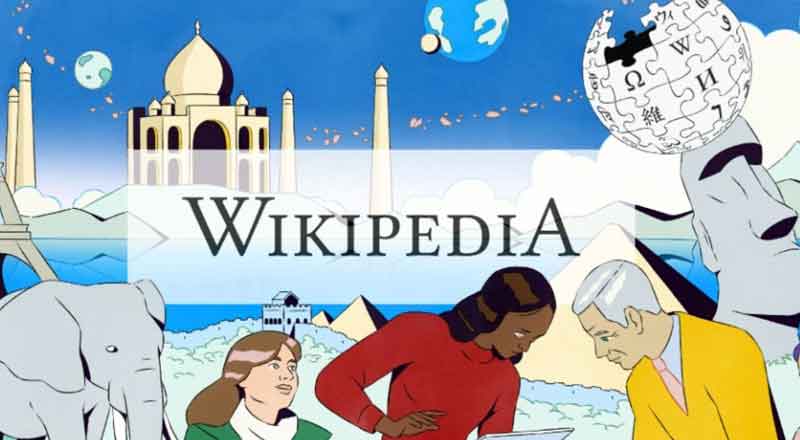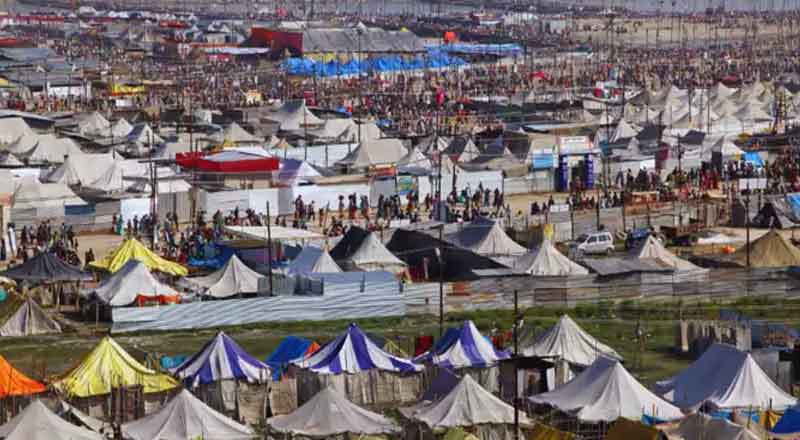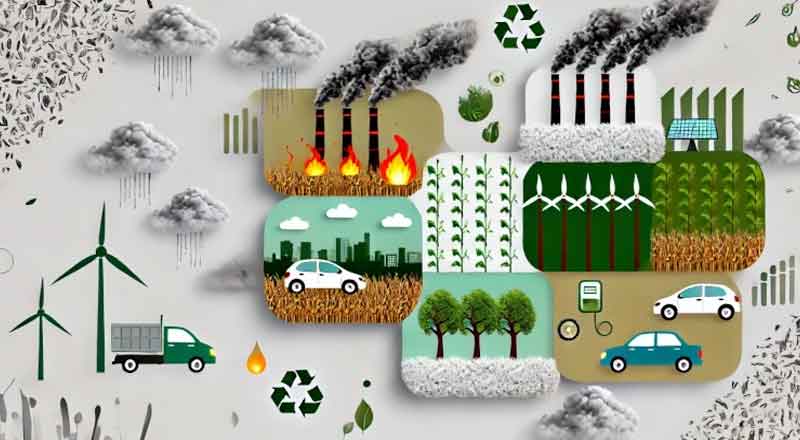Wikipedia, the world’s largest online encyclopedia, now finds itself at the center of a legal challenge in India, where the government is questioning its status as an “intermediary” under Indian law. This classification, given to platforms that host user-generated content without direct control over it, is crucial to Wikipedia’s operations in India. However, the Ministry of Information and Broadcasting (MIB) has raised concerns about potential biases, inaccuracies, and the role of editorial oversight on the platform. The case, currently being reviewed by the Delhi High Court, has sparked widespread discussion about the responsibilities and limitations of user-generated platforms.
Here’s a closer look at the key developments in this ongoing case and what it could mean for Wikipedia’s future in India and globally.
- Why Wikipedia’s “Intermediary” Status is Under Scrutiny
The MIB has issued a notice to Wikipedia, questioning why it should continue to be considered an intermediary instead of a publisher. Unlike intermediaries, publishers are accountable for the content they produce, making them liable for any inaccuracies or defamation claims. The government argues that because Wikipedia relies on a network of editors and faces frequent content disputes, it should be held accountable for information shared on its platform. The outcome of this debate could have significant implications for Wikipedia’s operations in India, affecting its liability protections under the Information Technology Act.
- The Argument for Intermediary Status
Nikhil Chawla, a well-known technology policy analyst, believes the Indian government’s concerns may stem from a misunderstanding of the IT Act. According to Chawla, platforms like Wikipedia should be considered intermediaries since they primarily facilitate user-generated content rather than directly producing it. He explains, “If I post content and allow comments, I’m the publisher for my content, but an intermediary for the comments.” Chawla warns that removing intermediary status could place an unsustainable burden on platforms like Wikipedia, which would struggle to monitor and verify each user contribution.
- Wikipedia’s Stance on Editorial Independence and Volunteer-Based Content
Wikipedia has responded to the MIB’s concerns, emphasizing its commitment to providing “free and reliable knowledge” in an open environment. The Wikimedia Foundation, which operates Wikipedia, noted that content on the site is produced and edited by volunteers following rigorous guidelines that encourage the use of reliable, third-party sources rather than original research. While Wikipedia takes measures to ensure accuracy, the platform maintains that its open-source model requires users to verify and correct information collaboratively. Wikimedia expressed surprise at the escalation of the case, reiterating its commitment to transparency and cooperation with Indian authorities.
- Legal Implications: The Delhi High Court’s Warning
The Delhi High Court has also expressed concerns about Wikipedia’s handling of content disputes, warning the platform that it could face a potential ban in India if it does not cooperate fully with court inquiries. In response, Wikimedia Foundation representatives have stated that they are open to working with the court to address content issues but argue that placing strict editorial controls on user-generated content would compromise Wikipedia’s core mission of providing open-access knowledge. The foundation maintains that volunteer-based content curation is central to its model and that imposing publisher-like restrictions could fundamentally alter Wikipedia’s approach to content management.
- A Potential Global Precedent for User-Generated Platforms
The outcome of this case could have broader implications, not just for Wikipedia but for other user-generated platforms operating worldwide. Wikipedia has faced scrutiny over content accuracy in other countries, and this case might set a precedent for stricter oversight or regulatory requirements on platforms relying on volunteer contributions. If India’s courts rule in favor of reclassifying Wikipedia as a publisher, it may inspire other countries to reassess legal protections for similar platforms, potentially reshaping how user-generated content sites operate globally.
The case between the Indian government and Wikipedia highlights the complex balance between content regulation and open access to information. As the legal process unfolds, the implications could extend beyond India, potentially affecting Wikipedia’s approach to content moderation worldwide. For Indian users, the outcome may shape future access to Wikipedia and influence broader discussions on internet freedom and information sharing. Wikipedia’s commitment to remaining a volunteer-driven, open-source platform will be tested as it navigates this critical legal challenge, one that could redefine its operations in one of the world’s largest digital markets.
(With inputs from agencies)





